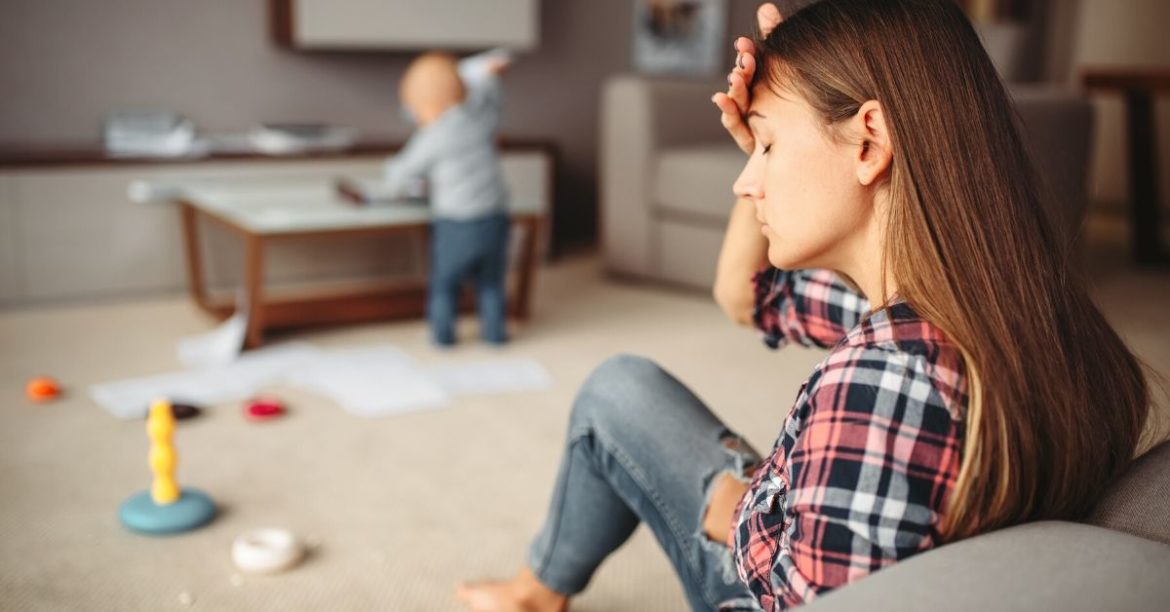The outbreak of coronavirus disease 2019 (COVID-19) may be stressful for people. Fear and anxiety about a disease can be overwhelming and cause strong emotions in adults and children. Coping with stress will make you, the people you care about, and your community stronger.
Here are some ways you, your family, and your au pair can manage anxiety and stress surrounding this pandemic.
Educate, Don’t Overwhelm
Take breaks from watching, reading, or listening to news stories, including social media. Hearing about the pandemic repeatedly can be upsetting (CDC). Choosing only certain credible websites (www.who.int or www.cdc.gov is a good start) for a limited amount of time will be in your best interest.
Reframe Negative Thoughts
As dismal as the world may feel right now, think of mandated school/work from home as an opportunity to refocus your attention from the external to the internal. Doing one productive thing per day can lead to a more positive attitude. Set your sights on long-avoided tasks, reorganize, or create something you’ve always wanted to. Letting go of illusions of control and finding peace in the fact that you are doing your part to “flatten the curve” will certainly build mental strength to combat the stressful situation the whole globe is experiencing (AADA).
Routines Still Matter (So Do The New Ones!)
Try and maintain some semblance of structure from the pre-quarantine days. As you work from home, it could be tempting to fall into a more lethargic lifestyle which could lead to negative thinking. Wake up and go to bed around the same time, eat meals, shower, adapt your exercise regimen, and get out of your PJs. With this newfound time, why not do something special during these quarantined days? Perhaps you can start a daily journal to jot down thoughts and feelings to reflect on later, take a walk every day, connect with family over FaceTime every morning, or start a watercolor painting which you can add to every day! Having something special during this time will help you look forward to each new day.
Nourish Your Body & Have Fun
Take deep breaths, stretch, or meditate. Try to eat healthy, well-balanced meals, exercise regularly, and get plenty of sleep (CDC). Get outside! Garden, walk, go for a jog, or play some fun games with the people in your home: https://www.playpartyplan.com/fun-outdoor-games/
Clean Space, Clean Mind
With all the uncertainty happening outside your home, keep the inside organized, predictable and clean. Setting up mental zones for daily activities can be helpful to organize your day. For example, try not to eat in bed or work on the sofa – just as before, eat at the kitchen table and work at your desk. Loosening these boundaries just muddles your routine and can make the day feel very long. Additionally, a cluttered home can cause you to become uneasy and claustrophobic of your environment – so keep it tidy (AADA).
Social Distancing Doesn’t Mean Social Isolation
It is important to realize that social distancing does not have to mean social isolation, especially with modern technologies available to many of us. Connecting with our friends and loved ones, whether by high tech means or through simple phone calls, can help us maintain ties during stressful days ahead and will give us strength to weather this difficult passage (NIMH).
Effective Communication
Children and teens react, in part, on what they see from the adults around them. When parents and au pairs deal with the COVID-19 calmly and confidently, they can provide the best support for children. Parents and au pairs can be more reassuring to others around them, especially children, if they are better prepared. (CDC) Here’s a great resource!
Be On The Lookout
Not all children and teens respond to stress in the same way. Some common changes to watch for include: excessive worry or sadness, unhealthy eating or sleeping habits, irritability and “acting out” behaviors in teens, poor school performance or avoiding school, difficulty with attention and concentration, avoidance of activities enjoyed in the past, unexplained headaches or body pain.
For Young Children
For younger children in the home, check out this great comic created by Malaka Gharib, author and illustrator, with the help of Tara Powell at the University of Illinois School of Social Work, Joy Osofsky at the LSU Health Sciences Center in New Orleans and Krystal Lewis at the National Institute of Mental Health (NPR).
Au Pair in America is here for you each and every step of the way. Should you have any questions, please don’t hesitate to contact us at 1-800-928-7247.


1 comment
[…] of our #FoodieFriday series! Are you finding yourself cooking more in the time of Coronavirus and social distancing? You aren’t alone! We asked our au pairs to share their favorite recipes to help inspire your […]